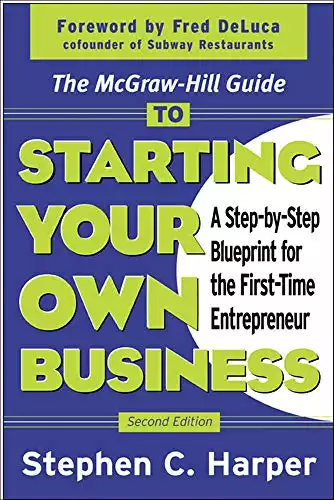We may receive compensation when you click on product links from our partners. For more information, please see our disclosure policy.
Last Updated on October 23, 2023
What do Bill Gates, Steve Jobs, Mark Zuckerberg, Michael Dell, and Azim Premji have in common other than being billionaires? They are
Yes, these are some of the most successful people we know who dropped out of
Is College Education Worth It?
Of course! A
In most cases,
Now, many people ask the question, “But most of these graduates aren’t billionaires. So why should I pursue a degree when people have proven that we can be successful without it?”
There is no one-size-fits-all answer to this question. It mostly depends on the person asking this question.
Why everyone is not cut out to be an entrepreneur?
- Entrepreneurship is hard. You need to keep hustling all the time, make compromises on personal preferences, and work the first few years as no one else will work in the hopes that it will play out well for you in the long run. Not many people can carry it till the end. Those who can, usually ends up being successful
- You cannot identify a real problem to solve. A successful business is something that solves a real problem. Unless you can figure out a solution to a problem people are willing to pay money for, you are not in business
- You are not comfortable taking risks. If this is you, then entrepreneurship is definitely not for you. You need to take big risks when you are running a business. Identifying opportunities and acting at the right moment is critical for business success
When can you afford to skip college education?
All is not doom and gloom.
What makes entrepreneurship so attractive is the challenges that come with it. You don’t need a Ph.D. or even a
If you are confident about your skills and abilities, skipping a
Over to You Now:
What do you think? Is leaving
This completely revised second edition once again shows entrepreneurs the keys to determining the best business opportunities, creating a business plan, and formulating a winning marketing strategy.




